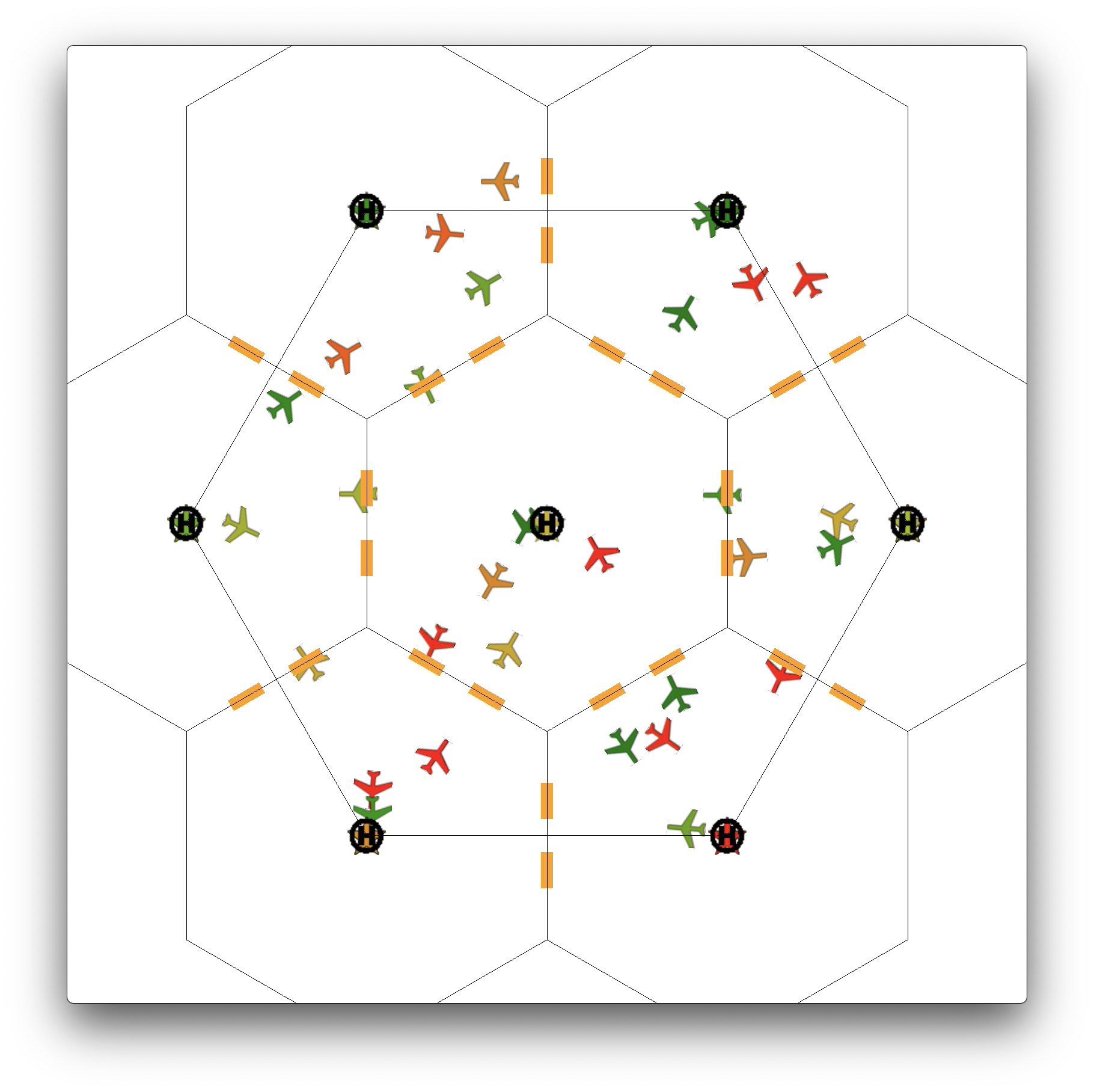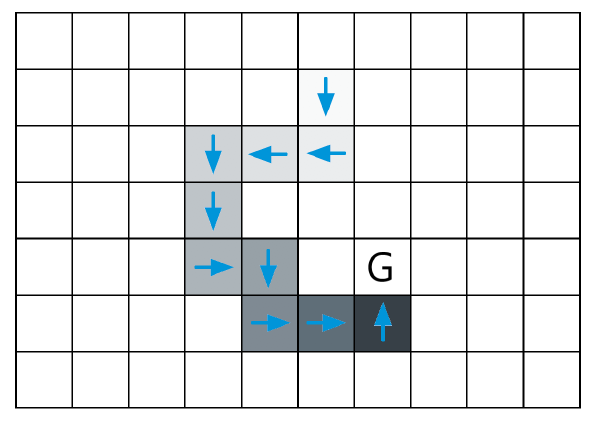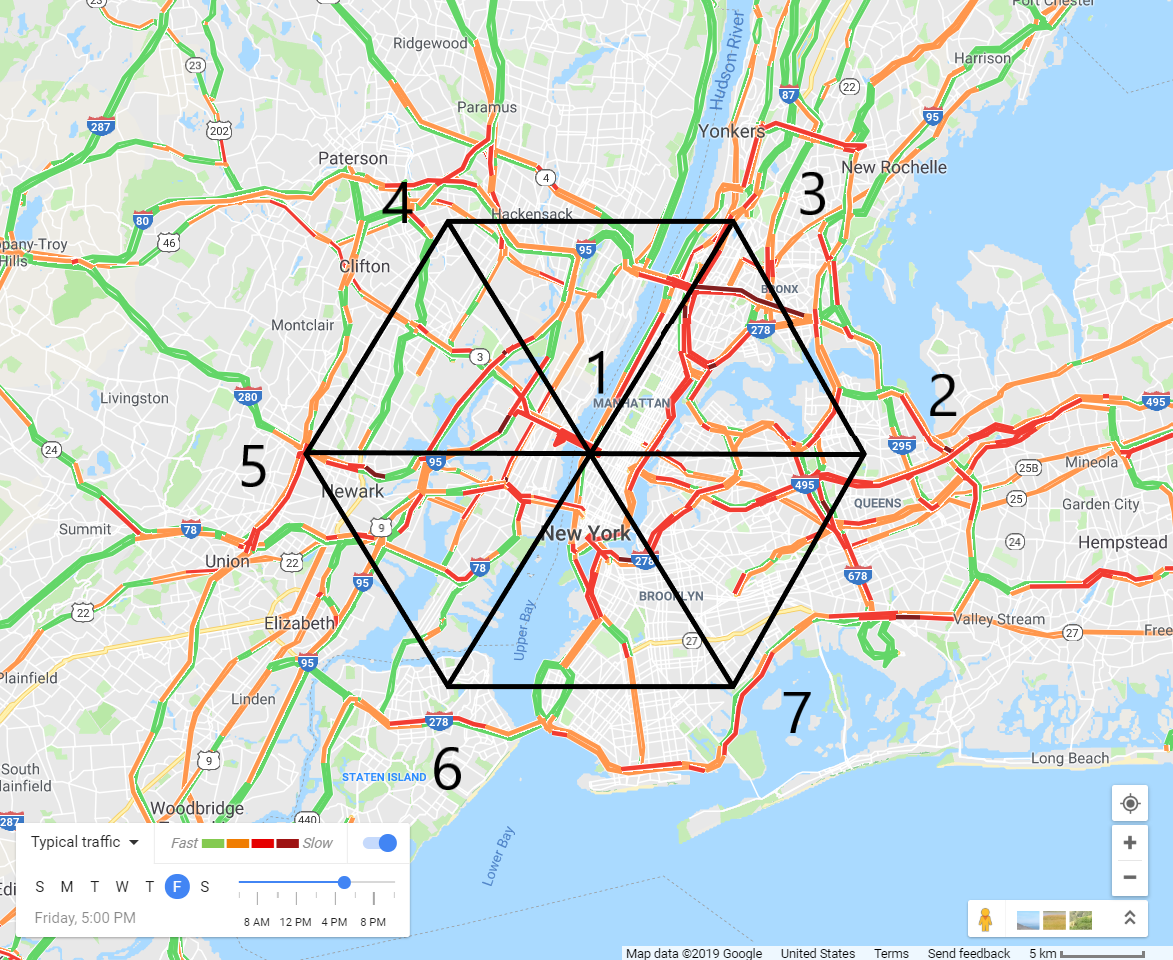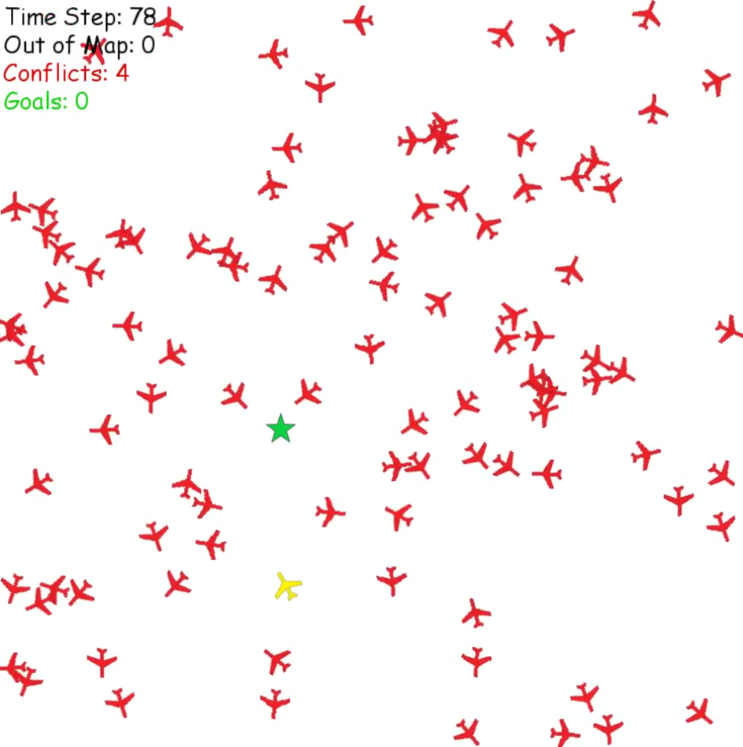
I'm a Ph.D. Student in Aerospace Engineering at Iowa State University, advised by Prof. Peng Wei.
I received my bachelor's degree from Harbin Institute of Technology with major in Applied Mathematics.
My research interests include Deep Learning, Reinforcement Learning, Markov Decision Process, and Statistical Machine Learning, with applications in Aerial Robotics Motion Planning, Intelligent Air Transportation Systems, and Real-time Decision Making Systems.



